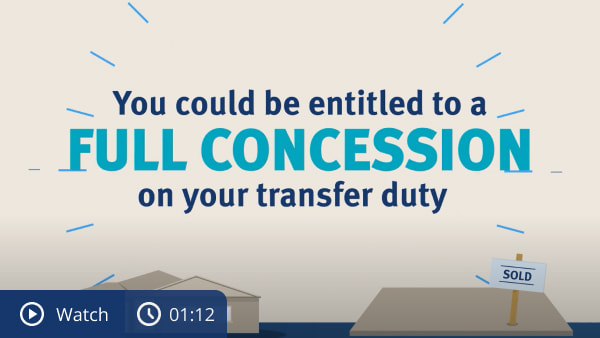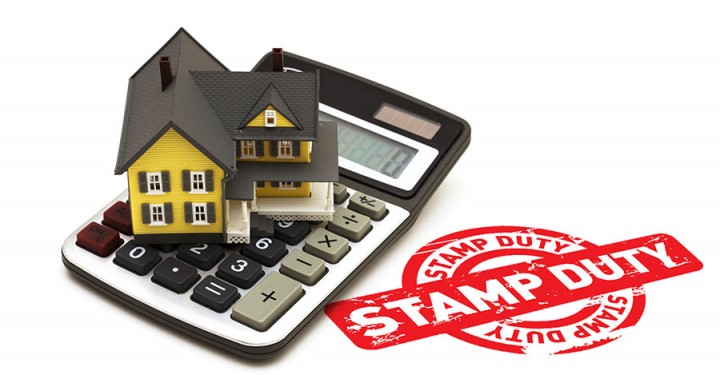
Sunstate Conveyancing: Fees, Taxes, & More
When engaging in property transactions in Queensland, understanding the various fees, taxes, and legal considerations is crucial. Sunstate Conveyancing offers expert guidance to help you navigate these complexities. This comprehensive guide addresses common questions related to body corporate fees, stamp duty, capital gains tax, and other pertinent topics, ensuring you’re well-informed every step of the way.
Frequently Asked Questions (FAQs)
- Do body corporate fees include rates?
- Generally, body corporate fees cover the costs of managing and maintaining common property, but they do not include council rates, which are billed separately to each property owner.
- Do I need to pay capital gains tax on a property sale?
- Yes, if you sell a property that is not your primary residence, you may need to pay capital gains tax on the profit made from the sale, depending on your specific circumstances.
- As a first-time buyer, do I need to pay stamp duty?
- In Queensland, first-time home buyers can receive concessions on stamp duty, potentially reducing the amount they need to pay. Eligibility depends on the purchase price and property type.
- Is stamp duty applicable on inherited property?
- Stamp duty may be applicable when transferring inherited property, depending on the relationship between the deceased and the beneficiary and the value of the property.
- Can I do conveyancing myself in NSW?
- Yes, it is legally possible to handle your own conveyancing in NSW, but it’s risky. Errors can be costly, so it’s recommended to seek professional advice unless you have experience in legal property transactions.
- What happens if my finance falls through?
- If finance falls through and it is a condition of the contract, you can generally withdraw from the sale without losing your deposit, provided you notify the seller within the agreed period.
- Do you need insurance when buying a home?
- Yes, it’s wise to have home insurance in place from the day you exchange contracts to protect your new investment against damage or loss.
- Are council rates applicable to units?
- Yes, owners of units are required to pay council rates, which contribute to local services and infrastructure.
- Do new builds require stamp duty payments?
- Stamp duty is applicable on new builds in Queensland, but first-time home buyers may be eligible for concessions.
- Does a 30-day settlement include weekends?
- No, settlement periods usually count business days only. Weekends and public holidays are not included, which can extend the calendar time until settlement.
Understanding Stamp Duty and Tax Obligations in Real Estate
- Stamp Duty on First Homes: First-time buyers often benefit from reduced stamp duty, making it more affordable to enter the property market.
- Capital Gains Tax: This tax is a key consideration if you’re selling a property that is not your main residence.
- Tax on Selling Homes: Understanding your tax obligations when selling a property is crucial to ensure compliance and to plan your finances.
Navigating Property Transactions
With the complexities of property transactions, having a knowledgeable partner like Sunstate Conveyancing can simplify the process. Whether it’s understanding tax implications, handling legal documentation, or ensuring compliance with local laws, expert guidance is invaluable.
This is general advice only, for specific legal advice speak with your legal representative.





